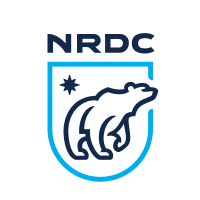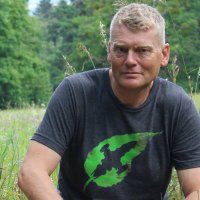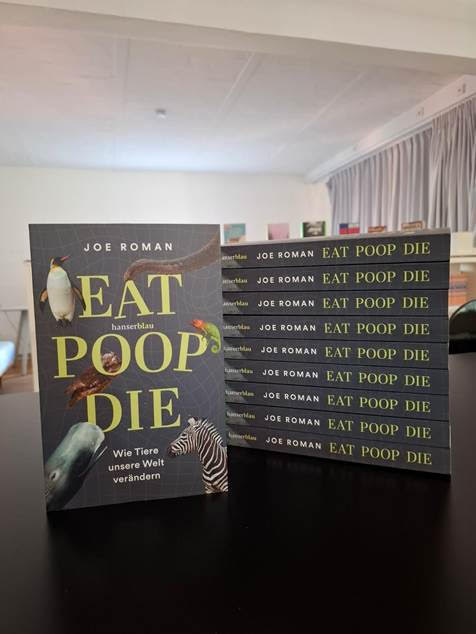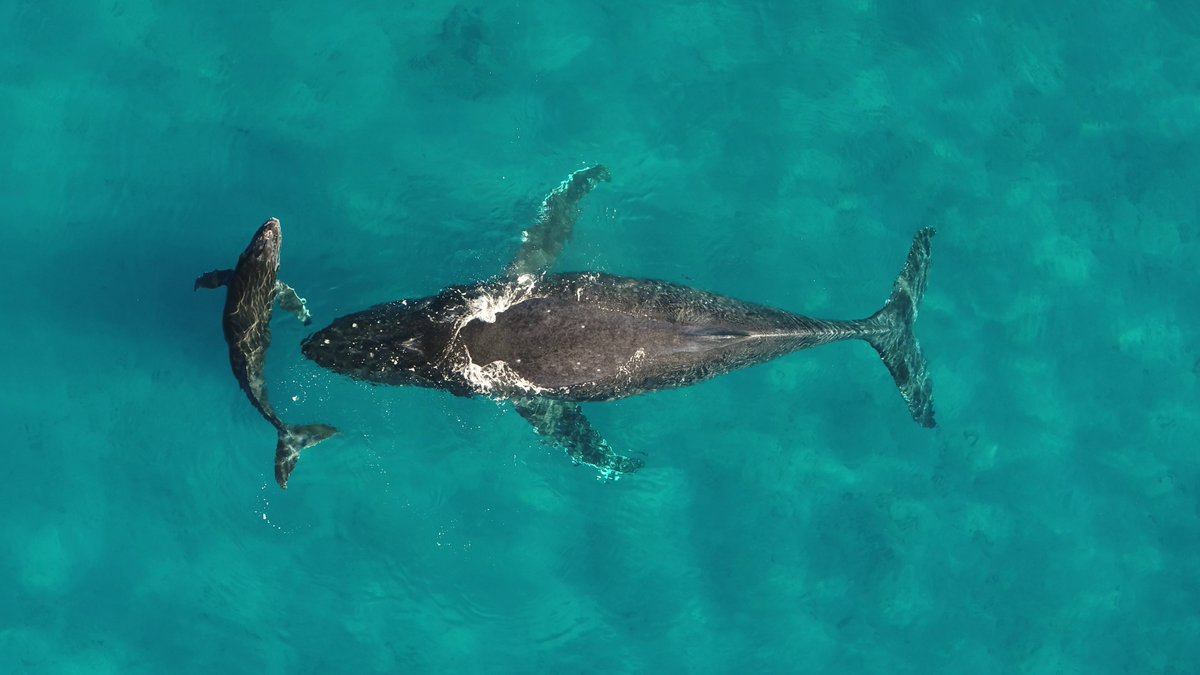
Joe Roman
@roamnjoe
Conservation biologist, writer, editor 'n' chef of @EatTheInvaders, @RadInstitute Fellow. New book: "Eat, Poop, Die."
ID: 73693052
http://www.joeroman.com 12-09-2009 17:41:40
2,2K Tweet
770 Followers
486 Following





Our new paper in NatureClimate on why the advocacy of wildlife conservation and rewilding as climate mitigation solutions is not a good idea and risks a backlash when the climate benefits are overstated - “resisting the carbonization of animal wildlife. Video explainer below …













Thar' she blows! Whales back from the brink with Joe Roman Jayne Pierce SGHT and Inbal Aron The University of Edinburgh. BBC Rare Earth BBC Radio 4 today at noon. Also do toddlers talk like Humpback Whales?



